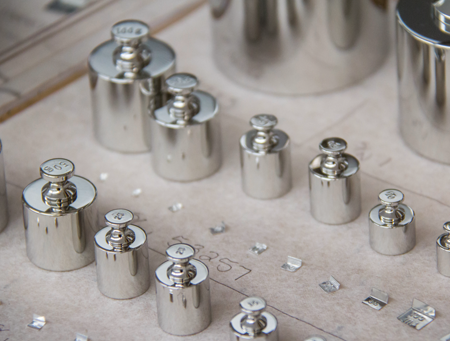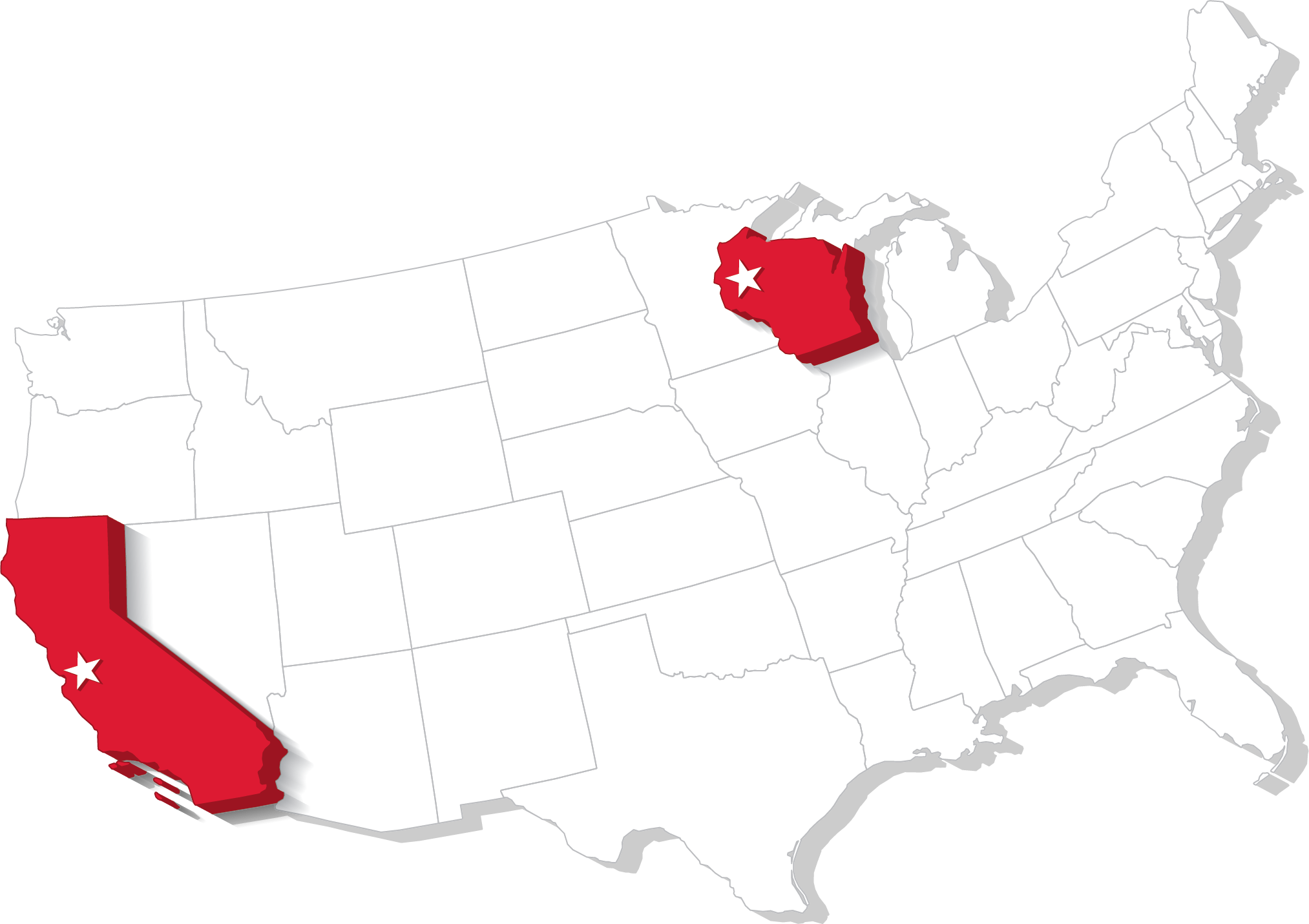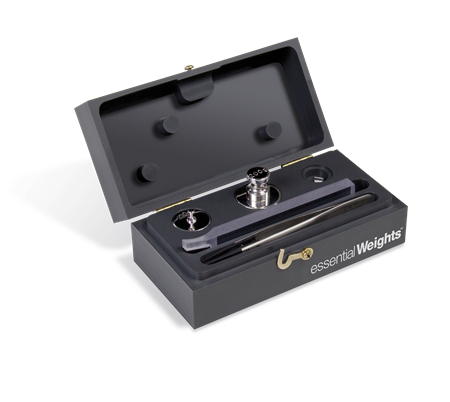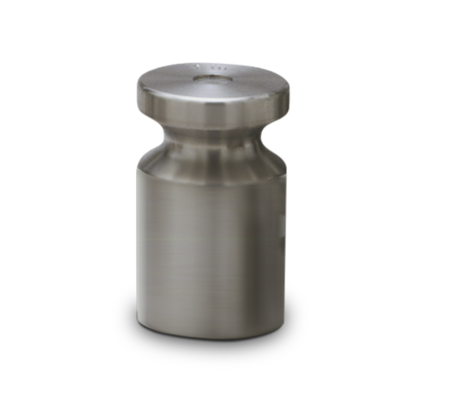Is the website displaying in the correct language? Please confirm or select a different language.
Your region has been set automatically. Please confirm or select a different region.

Are All Calibrations The Same?
Routine scale calibration is critical for maintenance and dependability. To ensure every scale is properly calibrated, weights are classified by various styles, certifications, finishes and weights. However, all calibration weights serve the same function: they are known standards used to check and adjust a weighing system.
Why Certified Calibration Weights Matter
Using a calibration weight on a scale or balance is only worthwhile if the calibration weight is within a tolerable weight range. The only reliable way to ensure a calibration weight is within tolerance is to have the weight recalibrated by an accredited metrology laboratory.
Accredited facilities are either state-owned or independent metrology laboratories, such as a calibration weights manufacturer with an onsite metrology lab. Accredited laboratories provide calibration reports that include statements of accuracy or certificates of accredited calibration.

Different Types and Certificates of Weight Calibration
Not all calibrations are the same. The accreditation of the laboratory impacts the calibration, as well as the type and traceability of the calibration. It’s important that weights are calibrated on the correct balance to obtain certification. Lower class weights shouldn’t be calibrated on the highest class of balances, or vice versa.
Weight calibration also requires documentation for:
Tracking weight calibration is essential to maintaining the traceability chain. Maintaining traceability to the international standard (SI) through the National Institute of Standards and Technology (NIST) guarantees that weights calibrated in the accredited laboratory are as accurate as weights calibrated in another laboratory. Depending on how precise the requirements for weighing are, facilities will need different levels of traceability.
Metrology Lab Accreditation
The National Voluntary Laboratory Accreditation Program (NVLAP) is a renowned accreditation program created by NIST. NVLAP reduces unreliable weight calibration by offering third-party assessment and accreditation to testing and calibration laboratories.
NVLAP assesses laboratories with proficiency testing, along with document review. Assessment against the management and technical requirements published in the International Standard, ISO/IEC 17025:2017, is also a component of NVLAP accreditation assessment. NVLAP accreditation reflects laboratory competence, ensuring operations meet NVLAP standards.
Similarly, many laboratories rely on the American Association for Laboratory Accreditation (A2LA) for assessing operations and competency within specific fields, such as calibration.
Rice Lake’s NVLAP Accredited Laboratories
Rice Lake Weighing Systems’ metrology lab in Rice Lake, Wisconsin, (NVLAP Lab Code 105001-0) was the first independent laboratory to achieve accreditation through NVLAP. Rice Lake’s second metrology lab in Concord, California (NVLAP Lab Code 600169-0) has also received accreditation through NVLAP, and both labs are accredited through A2LA.
Rice Lake participates in proficiency testing annually and conducts onsite document and management reviews. All calibrations take place in a controlled environment in an Echelon Class I, Class II or Class III laboratory. Rice Lake’s calibration labs have direct traceability to NIST, ensuring certified weights meet exact specifications.
Not all calibrations are the same. To ensure accurate results, rely on a laboratory, such as Rice Lake’s, for accurate calibration and assistance. Learn more about Rice Lake’s calibration services and ensure your processes are precise and accurate.




 My Account
My Account







